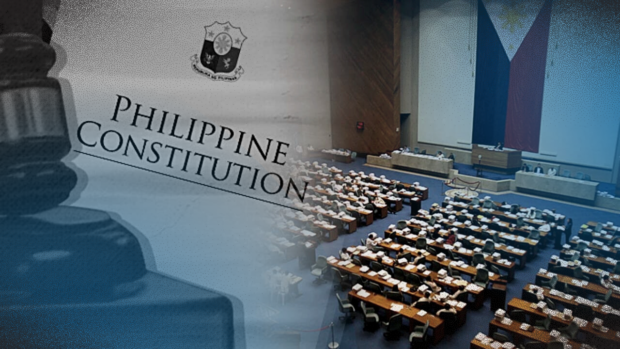2 House reps urge Senate to back Marcos’ push for Cha-cha
MANILA, Philippines — AAMBIS-OWA Partylist Rep. Lex Anthony Cris Colada urged the Senate on Sunday to support President Ferdinand Marcos Jr. in his push for amending the Constitution’s “restrictive” economic provisions.
According to Colada, these changes would help Congress and the current administration attract foreign investments.
“The Charter reform advocacy of the House has always been dead on arrival in the Senate Senado for three decades since the 8th Congress. Now, with the full support of President Marcos, the advocacy is alive,” Colada said in Filipino.
“We are being left behind by our neighboring countries in terms of attracting foreign investments and economic development. If we don’t do this now, we’ll end up in a dumpster.”
Although the Constitution has served the nation well for over three decades, Colada pointed out that some provisions had been hindering the country’s economic potential and competitiveness worldwide.
Article continues after this advertisementHe likewise pointed out that Senate President Juan Miguel Zubiri said the upper chamber would finish adopting a resolution on economic amendment proposals before the Holy Week break.
Article continues after this advertisementAko Bicol Partylist Rep. Raul Angelo “Jil” Bongalon also encouraged the Senate to support Marcos’ initiative.
“We urge the esteemed members of the Senate to take into account the statement of our president, who emphasized the need to facilitate the entry of significant foreign investments. This will pave the way for faster and more inclusive economic growth, ultimately leading to a better quality of life for all Filipinos,” Bongalon said.
Last Feb. 8, Marcos said that his administration’s position in introducing reforms to the Constitution “extends to economic matters only, or those strategically aimed at boosting [the] country’s economy.”
“Many sectors of our society, particularly business, have pointed to certain economic provisions in the Constitution that inhibit our growth momentum. Anchored on these restrictive provisions, there are laws that prohibit certain kinds of foreign investments, thus limiting our economic potential and our global competitiveness,” Marcos told the House.
